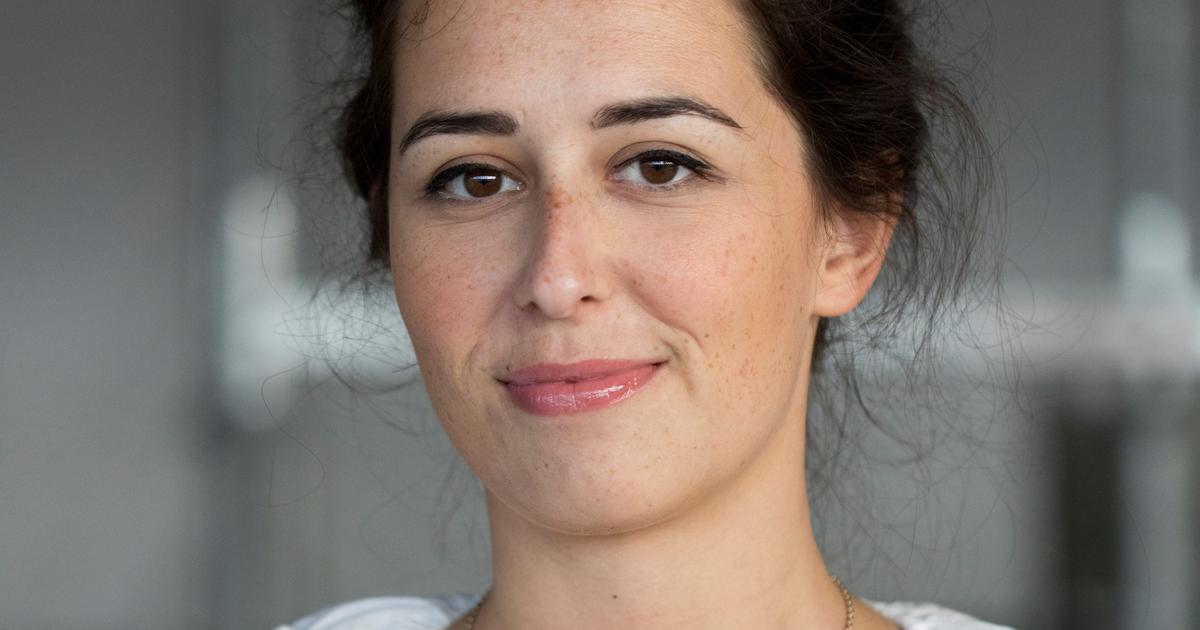"We do not get sick every day from diarrhea, our life is more dignified, we are cleaner, our environment is healthier."
"We cannot explain what the water has given us, one word can sum it up, it has given us life."
These words belong to Chantal and Awa, two women from Chiépo, a small town in the Ivory Coast where the arrival of water has changed their lives.
And I say arrival of water because its inhabitants lived, until two years ago, managing rainwater and drinking, cooking and cleaning themselves from that same stagnant water in natural pools.
News related to water often reaches us linked to major humanitarian disasters caused by climate change: extreme droughts or severe floods that affect populations that are already in a situation of extreme vulnerability and, therefore, have less resources.
Little is said about the millions of people who are daily faced with the violation of a human right, the right to water.
These days there is much talk about water in the framework of the United Nations Summit that is held in the middle term of the water decade, which ends in 2028. A summit that addresses this human right, amplifying its meaning to "Great Water ”, including sanitation or disaster risk reduction and who wants to assess progress in sustainable development and water resources management to contribute to the SDGs.
Beyond the macro data are the small impacts, which added one by one, generate big changes.
No one disputes that water, sanitation and hygiene (WASH) are cornerstones of public health globally.
Its link to neglected tropical diseases (NTDs) became relevant when safe water supply, sanitation and hygiene were included in the World Health Organization's Roadmap on these diseases, a group of ailments that affect more than 1,600 Millions of people in the world who live in contexts of poverty and lack of sanitation.
This document, framework and guide for organizations such as the Anesvad Foundation, which we are dedicated to working to collaborate in the control, elimination and eradication of these ailments, established the need to go beyond the medical approach and incorporate into our work elements related to the context in which people live
Great progress has been made globally since the first global strategy on WASH and NTD came to light.
But beyond the macro data are the small impacts, which added one by one, generate big changes.
In Chiépo, where Awa and Chantal live, with two years of work in WASH we have achieved, along with community involvement, that 67% of the population go to the health center.
Also that 93% of detected cases of Buruli ulcer —a disease whose mode of transmission is unknown, which affects the skin and can cause permanent disfigurement and long-term disability— continue with their treatment.
In addition, 88% of its inhabitants have a latrine and more than 68% a drinking water source.
These are data that come to us from a remote community of 5,000 inhabitants.
Data that demonstrates that change is possible.
Let's keep walking.
Iñigo Lasa
is the general director of the Anesvad Foundation.
You can follow PLANETA FUTURO on
,
and
, and subscribe
here
to our 'newsletter'
.






